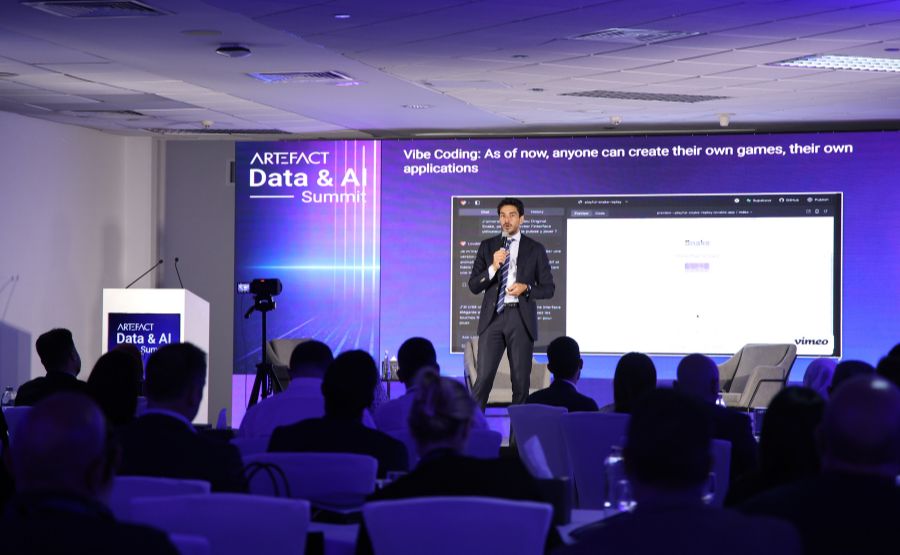At the recent Artefact Data & AI Summit in Dubai, Vincent Luciani, Co-founder and Executive Chairman of Artefact, shared his insights on the evolving landscape of artificial intelligence. This article covers the main points from Vincent’s session, including the commoditization of AI, its impact on the workforce, the associated challenges and opportunities, and strategic recommendations for organizations.
The commoditization and democratization of AI
Luciani highlighted the significant reduction in AI costs, as evidenced by OpenAI’s drop in API pricing from $36 to as low as $2 per million tokens. This decline in costs stems from the fixed-cost nature of AI model development, substantial initial investments followed by minimal marginal costs for serving additional users. As a result, AI is becoming increasingly affordable and accessible, leading to its democratization across industries. This broader availability enables more individuals and organizations to adopt AI technologies, fostering innovation and empowering businesses to apply AI in diverse areas such as predictive maintenance, research, and content creation.
Impact on the workforce
Luciani discussed the transformative effect of AI on the workforce. According to a study conducted by Artefact, 12% of employees are already using AI at work, with 83% using it weekly. Users report saving an average of one hour per day, with some saving up to three hours. Tasks such as document synthesis, research, and content creation are being streamlined, enhancing productivity and work quality.
Challenges in a competitive market
Despite the benefits of widespread AI adoption, Luciani pointed out several challenges:
- Diminishing returns: Further cost reductions require significant investments in data acquisition, GPU resources, and research, leading to diminishing returns.
- Profitability concerns: Aggressive pricing strategies in the AI industry have raised concerns about long-term profitability, with shareholders questioning the economic viability of such ventures.
- Uneven playing field: Large tech companies, or hyperscalers like Meta, have advantages due to diversified revenue streams and abundant resources, making it challenging for smaller firms to compete.
Opportunities for differentiation
Luciani emphasized that even in a commoditized market, companies can find avenues for differentiation and profitability:
- Unique data: As algorithms become more standardized, possessing proprietary or first-party data can provide a competitive edge.
- Integrated AI strategies: Developing comprehensive AI solutions, rather than simple add-ons, can create significant value.
- Measurement tools: Investing in tools to evaluate the accuracy of AI output remains a largely untapped opportunity, with the potential to unlock substantial value.
Strategic recommendations
To maximize AI’s potential, Luciani recommends that organizations:
- Implement robust governance: Establish clear policies and frameworks to guide AI integration.
- Promote knowledge sharing: Encourage collaboration and the dissemination of AI-related knowledge across teams.
- Invest in workforce development: Provide comprehensive training programs to equip employees with the necessary skills to work alongside AI technologies.
For more in-depth understanding, watch Vincent Luciani’s full presentation here:
Final thoughts
Vincent Luciani’s insights shed light on the evolving dynamics of the AI industry. While the commoditization of AI presents challenges, it also opens up new opportunities for companies to innovate and differentiate themselves. By focusing on unique data assets, integrated strategies, and robust measurement tools, businesses can navigate the competitive landscape and thrive in the AI-driven future.
About Artefact
Artefact is a leading global consulting company dedicated to accelerating the adoption of data and AI to positively impact people and organizations. We specialize in AI and data-driven transformation, delivering tangible business results across the entire enterprise value chain. With deep expertise in data science, data engineering, and emerging AI technologies, Artefact provides comprehensive, industry-specific solutions tailored to the needs of both public and private sector clients.
Headquartered in Paris, Artefact operates with more than 1,800 employees across 31 offices in 25 countries. We are trusted by some of the world’s most recognized brands and institutions, including Coca-Cola, Samsung, L’Oréal, Sanofi.

 BLOG
BLOG